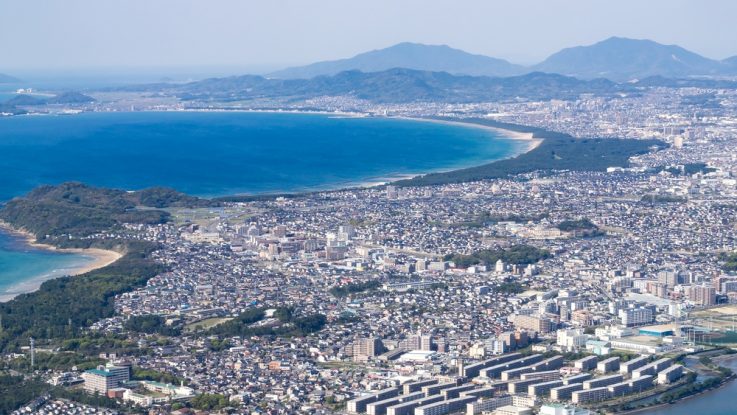
The Japanese city of Fukuoka plans to deploy the autonomous DragonFly Pods from robotics and visual intelligence company, PerceptIn, in September of 2019. The pods – electric low-speed small vehicles (LSEs) – are typically used as an autonomous mobility service that students, faculty, staff, and the elderly can hail for free via a mobile application.
The autonomous pods use visual inertial odometry (VIO) which fuses four camera sensors and the inertial measurement unit to generate accurate real-time position updates, even in GPS-denied situations.
“From serving the country’s rapidly aging population, providing a clean energy transportation option for students to acting as a last-mile service in tourist destination, the DragonFly Pod can solve numerous challenges with transportation costs and efficiencies,” said Shaoshan Liu, founder and CEO of PerceptIn. “As a small low-speed vehicle, the DragonFly Pod is environmentally friendly and can easily coexist with pedestrians and bicycles, making it ideal for micro-mobility.”
Perceptin has partnered with The Japan Research Institute and the MIRAI Future Smart City Challenge with the goal of launching the completely new and affordable micro-mobility service in order to reduce the burden of transportation costs on local governments. The company will carry out field tests and demonstrations and also collaborate with the Fukuoka Directive Council (DC), an industry-academia think-tank. Perceptin states that the DragonFly Pod is built with computer vision technology and a sensor fusion approach that enables them to build the vehicle at an affordable price.
“We are delighted to partner with PerceptIn to roll-out the electric low speed vehicle road test at Fukuoka City in 2019,” said Shuhei Ishimaru, director general of Fukuoka DC. “We think this will benefit the residents living in the city. Also, from my perspective, there is a need to bring in this technology to better serve our citizens.”


